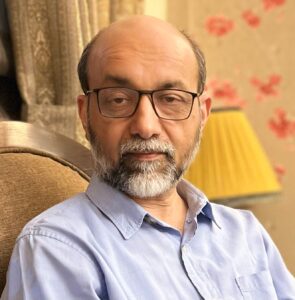
Community first responders or medical first responder is a person dispatched to attend a medical emergency until further trained help arrives. These first responders are specially trained to provide out of hospital care in medical emergencies.
The word first responder emerged in 1970s in United States. It was introduced by newspapers to describe plan of emergency care in Boston. This plan mentioned the trained personnel to be trained in emergency care such as cardiopulmonary resuscitation. Very soon the word made its way into mainstream understanding about people providing initial care until more sophisticated medical help arrives. Scope of care for the first responders are much wider and encompasses all sort of medical emergencies.
First responders have a very important duty of going to scenes of any injury, accident, or any other medical emergency, and work with the victim or victims to do as much as they could to stabilize them before the help in the form of trained paramedics arrives. The medical first responder is trained to provide first aid while understanding basic medical procedures.
In order to perform these tasks, the medical first responders should also be proficient in decision-making skills as well as problem-solving skills. They have to quickly assess the situation and decide how they can provide the best help. They should have good physical strength and also they should know how to remain calm themselves as well as the skills to keep others calm to deal with the situation at hand effectively. Their work is team-based and good communication is the backbone of teamwork.
Healthcare in Pakistan is not uniform throughout and population size with low resources requires solutions that are workable as well as low cost. Medical first responded is such an idea which is basically intended to provide help in emergency situations to people in need of life sustaining care till more help arrives.
Our Northern areas have problems, accessing the care both routine and emergency. The patients have to travel long distances in order to get right health. In terms of emergency care, the patients are at mercy of the system, which is not Existent. The patients get delayed care, no care or insufficient care. We have worked in those areas to train local people in becoming Medical First Responders. This project was done in a nice collaborative effort between AKAH (Aga Khan Agency for Habitat) and team SCOPE (Shifa Center of Professional Excellence). The two teams together trained close to 120 people in Gilgit Baltistan area. It was a great opportunity for the local people to learn from the best teams available for training the first responders.
Now this collaboration is working in Chitral area to help local people in those remote areas to be able to save lives of common people. We are hopeful that this training will greatly help the first responders to be equipped with life saving skills. The hospital will also be provided with a mass casualty program and will be trained on how to effectively respond to any mass casualty incidence.
I am thankful to both the teams to work on such a great initiative and also thank the donors of the money to spend it on such a great cause which can save a number of lives. Great job.